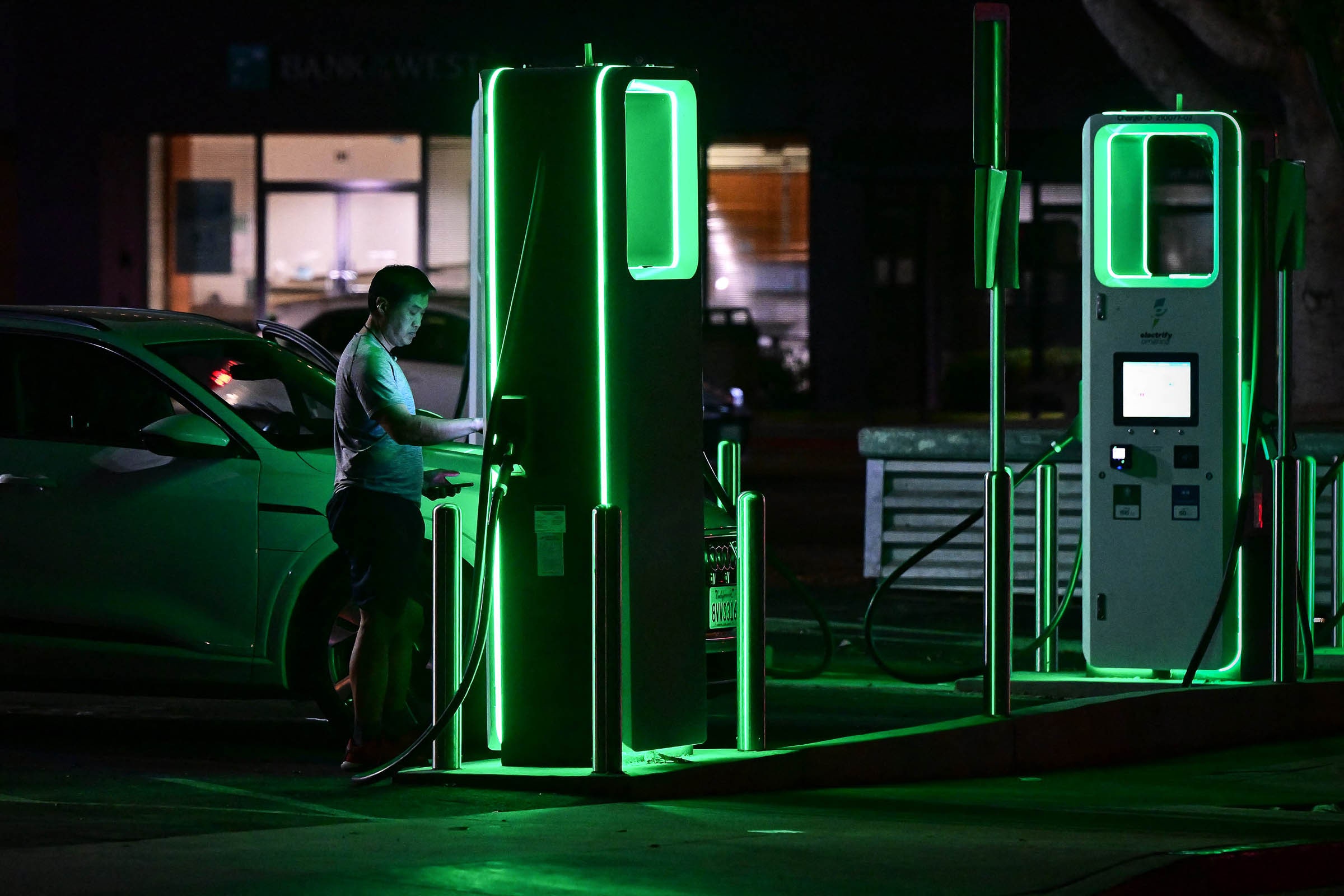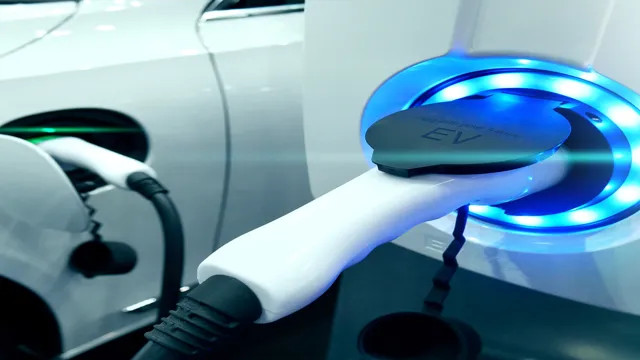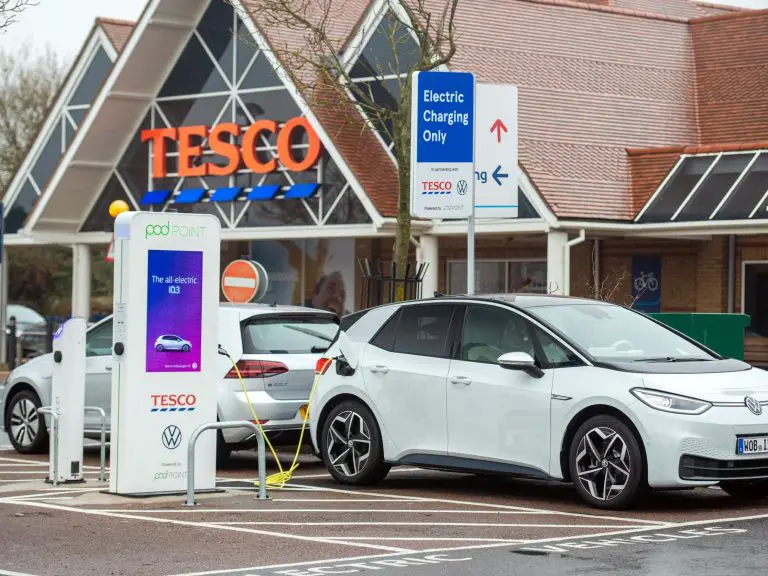Electric Car Charging Station Business: The Key to Sustainable Transportation
As the world continues to shift towards a more sustainable future, the demand for electric vehicles (EVs) has been steadily increasing. With the rise in electric cars on the road, the need for electric car charging stations has become more prevalent than ever. This growing demand presents a promising business opportunity for entrepreneurs looking to invest in the future of transportation.
The Rise of Electric Vehicles
Electric vehicles have gained traction in recent years due to their environmental benefits and cost savings on fuel. With major car manufacturers investing heavily in electric car production, the market for EVs is projected to expand significantly in the coming years.
According to a report by BloombergNEF, the global electric vehicle stock surpassed 10 million in 2020 and is expected to reach 145 million by 2030. This exponential growth in electric vehicles indicates a substantial need for accessible and efficient charging infrastructure.
The Business Case for Electric Car Charging Stations
Investing in electric car charging stations can be a lucrative business endeavor with the potential for long-term sustainability. Here are some key reasons why the electric car charging station business is worth considering:
1. Addressing The Infrastructure Gap
One of the primary challenges for the widespread adoption of electric vehicles is the availability of charging stations. Many urban areas and residential communities lack an adequate infrastructure for EV charging, creating a prime opportunity for entrepreneurs to fill this gap in the market.
2. Supporting Sustainable Transportation
By investing in electric car charging stations, entrepreneurs can contribute to the expansion of sustainable transportation options. Electric vehicles produce fewer emissions and help reduce the overall carbon footprint, making them an essential component in the fight against climate change.
3. Diversification Of Revenue Streams
For businesses operating in the real estate, hospitality, or retail sectors, installing electric car charging stations can serve as an additional revenue stream. Offering EV charging services can attract environmentally conscious customers and enhance the overall value proposition of the business.
Types of Electric Car Charging Stations
When considering the establishment of an electric car charging station business, it’s essential to understand the different types of charging stations available. The following are the three primary categories of EV charging stations:
| Charging Level | Charging Power | Charging Time |
|---|---|---|
| Level 1 | 120 volts | 8-12 hours |
| Level 2 | 240 volts | 4-6 hours |
| DC Fast Charging | 480 volts | 30 minutes – 1 hour |
Level 1 chargers are typically used for residential settings, while Level 2 and DC fast charging stations are more suitable for public and commercial locations. Understanding the different requirements and capabilities of each charging level is essential for determining the most suitable charging infrastructure for specific business locations.
Key Considerations for Starting an Electric Car Charging Station Business
Before delving into the electric car charging station business, entrepreneurs should carefully assess key considerations to ensure a successful venture. The following factors should be taken into account:
1. Location Selection
Identifying high-traffic areas, including shopping centers, parking facilities, and main transportation hubs, is crucial for the successful deployment of electric car charging stations. Selecting strategic locations with high visibility and accessibility will attract a larger customer base.
2. Charging Station Technology
Investing in robust and user-friendly charging station technology is essential for providing a seamless charging experience to EV users. Compatibility with various vehicle models and smart charging capabilities should be prioritized to accommodate a diverse range of electric vehicles.
3. Regulatory Compliance
Understanding the local regulations and standards pertaining to electric car charging infrastructure is vital for ensuring legal compliance. Entrepreneurs should be familiar with zoning laws, building codes, and permit requirements when installing charging stations in specific geographical areas.
4. Business Model And Pricing Strategy
Developing a sustainable business model and pricing strategy is crucial for the financial viability of the electric car charging station business. Factors such as membership subscriptions, pay-per-use rates, and value-added services should be carefully considered to optimize revenue generation.

Credit: www.bme-group.com
The Future of Electric Car Charging Stations
As the automotive industry continues its shift towards electrification, the demand for electric car charging stations will undoubtedly continue to grow. The integration of advanced technologies such as wireless charging, energy storage solutions, and ultra-fast charging capabilities will further enhance the efficiency and accessibility of EV charging infrastructure.
Furthermore, the widespread adoption of electric vehicles and the expansion of charging networks are likely to be supported by government incentives, private investments, and collaborative partnerships between businesses and EV manufacturers.
Conclusion
In conclusion, the electric car charging station business presents a compelling opportunity for entrepreneurs to invest in sustainable transportation infrastructure. With the rise of electric vehicles and the increasing demand for accessible charging solutions, the potential for growth and impact in this sector is significant. By understanding the market dynamics, embracing innovative technologies, and addressing the evolving needs of electric vehicle users, entrepreneurs can position themselves at the forefront of a rapidly expanding industry.






